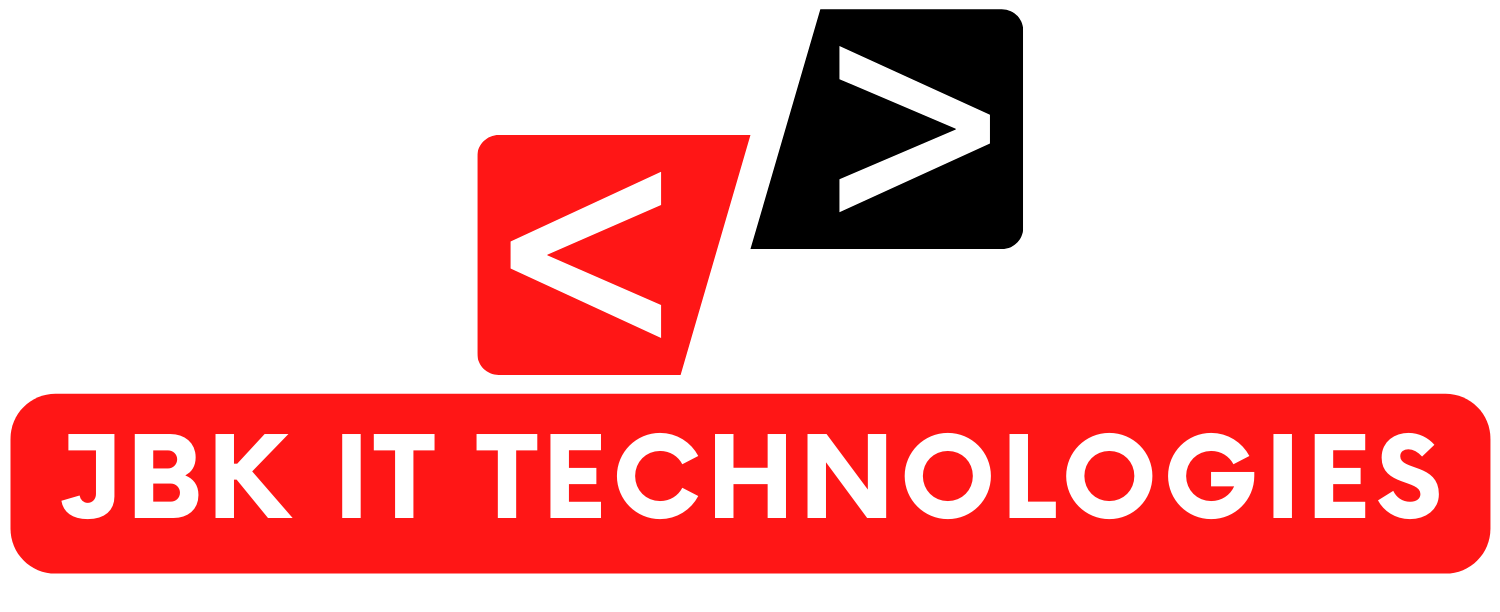Project Management
The future of project management is poised to be dynamic and transformative. As technology continues to advance at an unprecedented pace, project management practices will undoubtedly evolve to accommodate these changes. Here are some key trends that are likely to shape the future of project management:
- Artificial Intelligence (AI) and Automation: AI-powered tools will become integral to project management, assisting in tasks such as data analysis, resource allocation, risk assessment, and decision-making. Automation will streamline repetitive tasks, allowing project managers to focus on strategic planning and creative problem-solving.
- Remote and Virtual Teams: The rise of remote work and virtual collaboration tools will reshape how project teams operate. Project managers will need to adapt to leading geographically dispersed teams and ensure effective communication and collaboration across different time zones and cultures.
- Data-Driven Insights: Big data analytics will provide project managers with valuable insights into project performance, enabling them to make informed decisions, identify potential issues, and optimize processes for better outcomes.
- Agile and Hybrid Approaches: Agile methodologies will continue to gain prominence due to their flexibility and adaptability. Hybrid approaches that combine elements of Agile and traditional project management will become more common, allowing teams to tailor their processes to specific project requirements.
- Sustainability and Green Projects: As environmental concerns grow, project managers will need to incorporate sustainable practices into their projects. This could involve managing projects that focus on eco-friendly technologies, energy efficiency, and minimizing environmental impact.
- Soft Skills and Emotional Intelligence: While technology plays a vital role, interpersonal skills such as communication, empathy, and collaboration will remain crucial for project managers. Emotional intelligence will help them navigate complex team dynamics and build strong relationships.
- Continuous Learning: The rapid evolution of technology and methodologies will demand continuous learning for project managers. Staying updated with the latest trends, tools, and practices will be essential to remain effective in the field.
- Risk Management and Resilience: With increasing uncertainties in the global landscape, project managers will need to enhance their risk management capabilities and develop strategies to ensure project resilience in the face of unforeseen challenges.
- Blockchain for Transparency: Blockchain technology can enhance transparency, traceability, and security in project management. It can be utilized for verifying contracts, tracking supply chains, and maintaining accurate records.
- Cultural Diversity and Inclusion: Global projects will involve diverse teams with varied cultural backgrounds. Project managers will need to foster inclusivity and cross-cultural understanding to harness the strengths of a diverse workforce.
In conclusion, the future of project management will be marked by technological innovation, flexible methodologies, and a strong emphasis on collaboration, sustainability, and adaptability. Project managers who embrace these changes and continually upgrade their skills will be well-positioned to lead successful projects in the evolving landscape.
